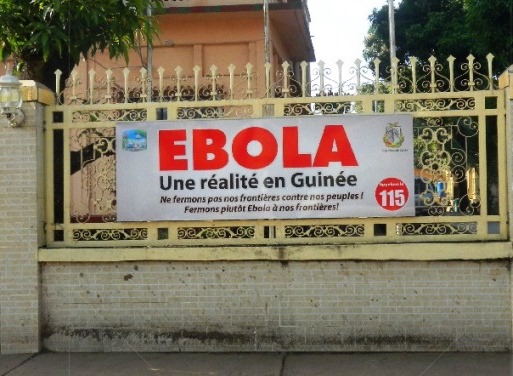Experimental trials in Guinea, West Africa, confirmed the efficacy of an Ebola virus vaccine, according to a report by World Health Organization (WHO) scientists published in late 2016. The vaccine known as rVSV-ZEBOV (recombinant vesicular stomatitis virus–Zaire Ebola virus) was 100% effective in protecting against the Ebola virus. In the study, individuals who had been exposed to an Ebola patient immediately received a single shot of the vaccine; other people who were epidemiologically linked to those exposed individuals (including family members, friends, and other contacts) were also inoculated. Out of 5837 people vaccinated in this way, none contracted the Ebola disease. In contrast, among control subjects who were not vaccinated against the Ebola virus or who were vaccinated after a significant delay, 23 out of 4507 people contracted the disease. Although the vaccine is not yet licensed, medical authorities have expressed confidence that its implementation in the field could dramatically curtail the likelihood of future major Ebola outbreaks. Still, investigators need to study the durability of the vaccine and to examine exactly how long its protection lasts. Pending the results of additional safety tests, researchers hope the vaccine will be approved for use by the end of 2017. See also: Ebola virus; Ebola virus outbreak; Infectious disease; Vaccination; Virus

The Ebola disease arises from infection with one of the Ebola virus strains, a group of exotic viral agents that cause a severe hemorrhagic fever in humans and other primates. The virus is spread through human-to-human transmission and requires direct contact with the bodily fluids or blood of an infected person. It also can be transmitted via surfaces and objects that have been contaminated with these fluids. Airborne transmission does not occur. The most recent Ebola epidemic, which was centered in Guinea, Liberia, and Sierra Leone in West Africa, started in late 2013 and continued into 2016, killing more than 11,300 persons. In 2016, the affected countries were declared free of Ebola virus transmission, allowing WHO to label the epidemic as over. Nevertheless, isolated outbreaks arise, and the search for an effective vaccine has continued to be an endeavor of paramount importance. See also: Africa; Disease ecology; Ebola virus crisis in 2014 and 2015; Epidemic; Epidemiology; Exotic viral diseases; Public health





